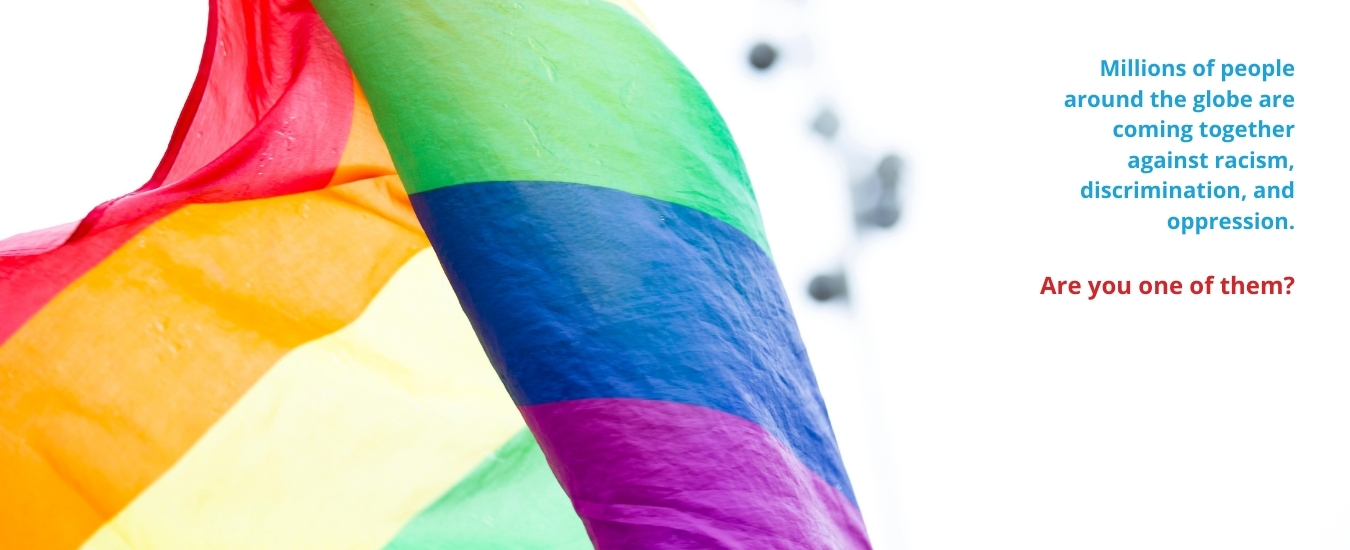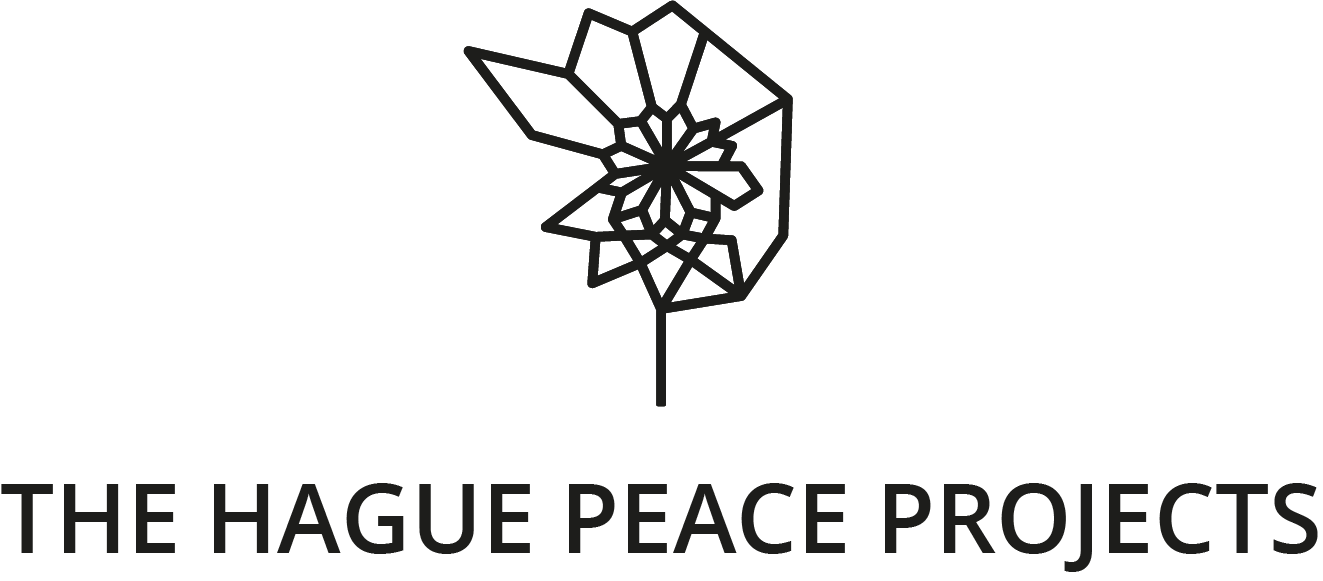According to The Universal Declaration of Human Rights

Download a PDF version for easier offline reading and sharing
List of 30 Basic Human Rights:
Congratulations, if you are human you have Human Rights! These are yours to keep and they are the same for us all. The United Nations recognizes 30 basic human rights that every person has at all times, regardless of their country or background.

The Universal Declaration of Human Rights was signed by the UN General Assembly at the Palais de Chaillot in Paris, France on December 10th 1948. The declaration was eventually adopted with 48 votes for and none against (8 abstained and two did not vote).
The Universal Declaration of Human Rights is a defining document in history that outlines 30 articles affirming individual rights. These include such things as life, education and freedom from discrimination among many other important possessions everyone deserves to enjoy without interference or fear for their safety.
Here is the full list of 30 human rights according to the Universal Declaration of Human Rights (UDHR) by the United Nations, signed in Paris on 10 December 1948:
1. All human beings are free and equal
All human beings are born free and equal in dignity and rights. They are endowed with reason and conscience and should act towards one another in a spirit of brotherhood.
2. No discrimination
Everyone is entitled to all the rights and freedoms, without distinction of any kind, such as race, color, sex, language, religion, political or other opinions, national or social origin, property, birth, or another status. Furthermore, no distinction shall be made on the basis of the political, jurisdictional, or international status of the country or territory to which a person belongs.
3. Right to life
Everyone has the right to life, liberty, and security of person.
4. No slavery
No one shall be held in slavery or servitude; slavery and the slave trade shall be prohibited in all their forms.
5. No torture and inhuman treatment
No one shall be subjected to torture or to cruel, inhuman or degrading treatment or punishment.
6. Same right to use law
Everyone has the right to recognition everywhere as a person before the law.
7. Equal before the law
All are equal before the law and are entitled without any discrimination to equal protection of the law. All are entitled to equal protection against any discrimination in violation and against any incitement to such discrimination.
8. Right to be treated fair by the court
Everyone has the right to an effective remedy by the competent national tribunals for acts violating the fundamental rights granted him by the constitution or by law.
9. No unfair detainment
No one shall be subjected to arbitrary arrest, detention, or exile.
10. Right to trial
Everyone is entitled in full equality to a fair and public hearing by an independent and impartial tribunal, in the determination of his rights and obligations and of any criminal charge against him.
11. Innocent until proved guilty
Everyone charged with a penal offense has the right to be presumed innocent until proved guilty according to the law in a public trial at which he has had all the guarantees necessary for his defense. No one shall be held guilty of any penal offense on account of any act or omission which did not constitute a penal offense, under national or international law, at the time when it was committed.
12. Right to privacy
No one shall be subjected to arbitrary interference with his privacy, family, home or correspondence, nor to attacks upon his honor and reputation. Everyone has the right to the protection of the law against such interference or attacks.
13. Freedom to movement and residence
Everyone has the right to freedom of movement and residence within the borders of each state. Everyone has the right to leave any country, including his own, and to return to his country.
14. Right to asylum
Everyone has the right to seek and to enjoy in other countries asylum from persecution. This right may not be invoked in the case of prosecutions genuinely arising from non-political crimes or from acts contrary to the purposes and principles of the United Nations.
15. Right to nationality
Everyone has the right to a nationality. No one shall be arbitrarily deprived of his nationality nor denied the right to change his nationality
16. Rights to marry and have family
Men and women of full age, without any limitation due to race, nationality or religion, have the right to marry and to found a family. They are entitled to equal rights as to marriage, during the marriage, and at its dissolution. Marriage shall be entered into only with the free and full consent of the intending spouses. The family is the natural and fundamental group unit of society and is entitled to protection by society and the State.
17. Right to own things
Everyone has the right to own property alone as well as in association with others. No one shall be arbitrarily deprived of his property.
18. Freedom of thought and religion
Everyone has the right to freedom of thought, conscience and religion; this right includes freedom to change his religion or belief, and freedom, either alone or in community with others and in public or private, to manifest his religion or belief in teaching, practice, worship and observance.
19. Freedom of opinion and expression
Everyone has the right to freedom of opinion and expression; this right includes freedom to hold opinions without interference and to seek, receive and impart information and ideas through any media and regardless of frontiers.
20. Right to assemble
Everyone has the right to freedom of peaceful assembly and association. No one may be compelled to belong to an association.
21. Right to democracy
Everyone has the right to take part in the government of his country, directly or through freely chosen representatives. Everyone has the right of equal access to public service in his country.
22. Right to social security
Everyone, as a member of society, has the right to social security and is entitled to realization, through national effort and international cooperation and in accordance with the organization and resources of each State, of the economic, social, and cultural rights indispensable for his dignity and the free development of his personality.
23. Right to work
Everyone has the right to work, to free choice of employment, to just and favorable conditions of work, and to protection against unemployment. Everyone, without any discrimination, has the right to equal pay for equal work. Everyone has the right to form and to join trade unions for the protection of his interests.
24. Right to rest and holiday
Everyone has the right to rest and leisure, including reasonable limitation of working hours and periodic holidays with pay.
25. Right of social service
Everyone has the right to a standard of living adequate for the health and well-being of himself and of his family, including food, clothing, housing, and medical care and necessary social services, and the right to security in the event of unemployment, sickness, disability, widowhood, old age or other lack of livelihood in circumstances beyond his control. Motherhood and childhood are entitled to special care and assistance. All children shall enjoy the same social protection.
26. Right to education
Everyone has the right to education. Education shall be free, at least in the elementary and fundamental stages. Elementary education shall be compulsory. Technical and professional education shall be made generally available and higher education shall be equally accessible to all on the basis of merit.
27. Right of cultural and art
Everyone has the right freely to participate in the cultural life of the community, to enjoy the arts, and share in scientific advancement and its benefits. Everyone has the right to the protection of the moral and material interests resulting from any scientific, literary or artistic production of which he is the author.
28. Freedom around the world
Everyone is entitled to a social and international order in which the rights and freedoms set forth in this Declaration can be fully realized.
29. Subject to law
Everyone has duties to the community in which alone the free and full development of his personality is possible. In the exercise of his rights and freedoms, everyone shall be subject only to such limitations as are determined by law solely for the purpose of securing due recognition and respect for the rights and freedoms of others and of meeting the just requirements of morality, public order and the general welfare in a democratic society.
30. Human rights can’t be taken away
Nothing in this Declaration may be interpreted as implying for any State, group, or person any right to engage in any activity or to perform any act aimed at the destruction of any of the rights and freedoms set forth herein.
Get Involved in Human Rights

To find out more about international human rights and the human rights council, visit the United Nations website here.
There are 30 basic human rights that every person should be able to enjoy. That is our mission. This article was written with the intent of helping you to better understand these basic rights that were drafted and signed generations ago. If you want to find out more about what Human Rights looks like in action, The Hague Peace Projects is a good place to start.



